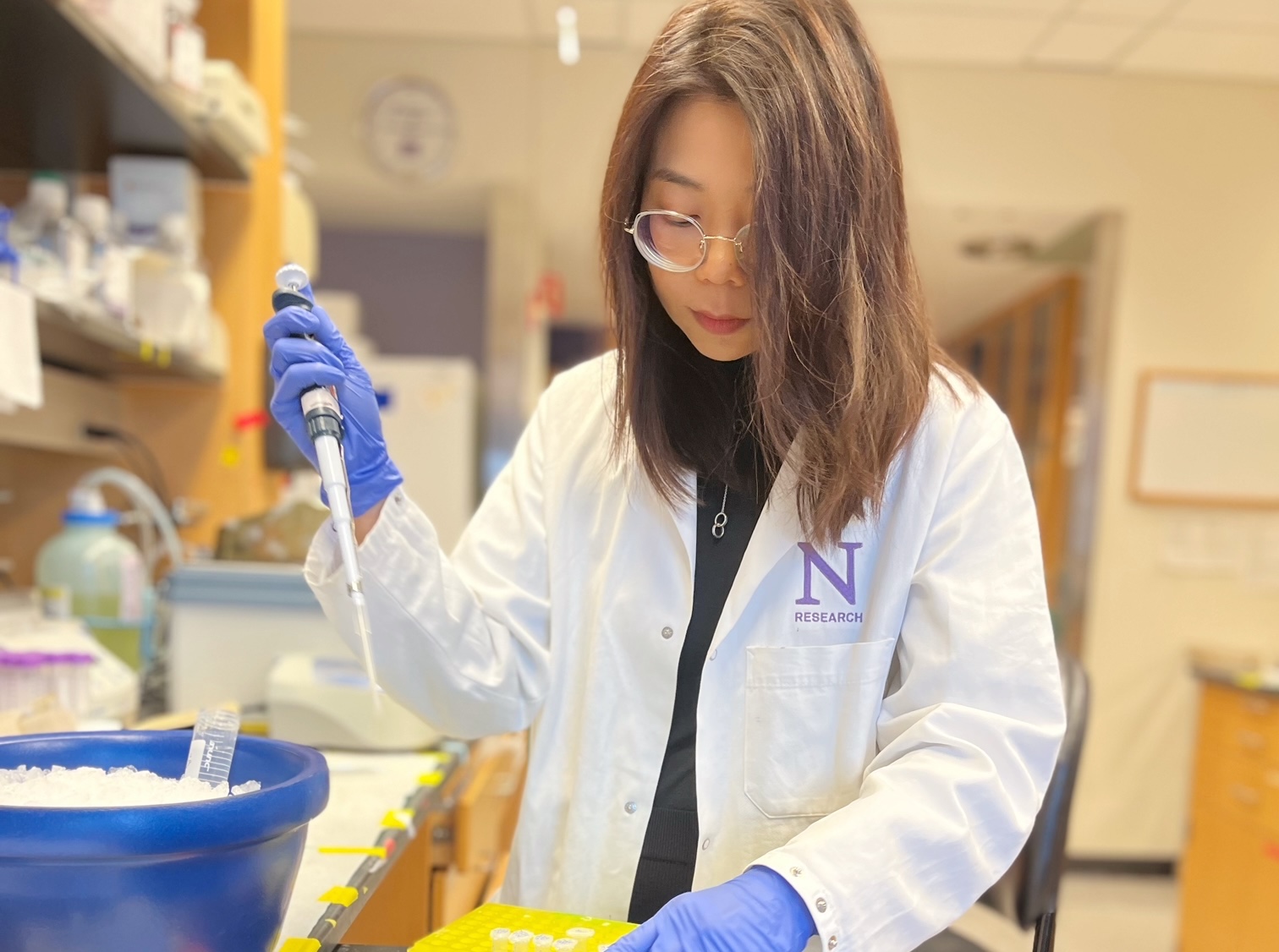08/23/2012
According to a new study published in Cancer Research, Australian researchers have identified a gene that plays a significant role in the development of high-grade serous ovarian cancer tumors becoming resistant to liposomal doxorubicin (commonly known as Doxil), which is commonly used to treat recurrent ovarian cancer.
Investigating the changes in a tumor from the time a woman is initially treated for ovarian cancer to when she becomes resistant to chemotherapy, researchers found significant changes. The most significant changes were found in tumors that became resistant to chemotherapy after initially responding well to it. The reduction of a specific protein, LRP1B, was associated with resistance to liposomal doxorubicin.
Click here for the abstract.
Related Topics

OCRA Sponsors NCCN 2025 Guidelines for Cervical Cancer Patients
This article was updated in May 2025 to reflect NCCN’s release of the 2025 Guidelines for Cervical Cancer Patients. OCRA is a proud sponsor of 2025 Cervical Cancer Updates. We … Continued

FDA Gives Its First-Ever Approval of Treatment for KRAS-Mutated Recurrent Low-Grade Serous Ovarian Cancer
The Food and Drug Administration has granted accelerated approval to Avmapki Fakzynja Co-pack (avutometinib capsules; defactinib tablets), made by Verastem Oncology, making it the first FDA-approved treatment for patients with … Continued

OCRA’s Early Career Investigator Grant Recipients
Ovarian Cancer Research Alliance is proud to support five outstanding scientists through our Early Career Investigator Grants, part of the $6 million in new research OCRA is funding in 2025. These … Continued